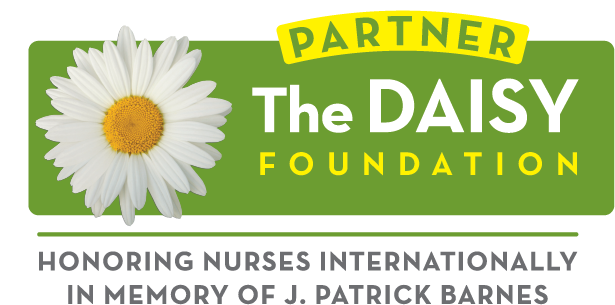
Event Sponsors
Pre-Conference Workshop
Thursday, Sep 25 from 8 - 11am Eastern
(register for the workshop on the conference registration form)
Decoding AI: A Nurse's “First Aid Kit” for Understanding and Applying Artificial Intelligence
This workshop aims to provide a basic foundational understanding of Artificial Intelligence for nurse leaders, educators, and researchers. Through interactive activities, it will break down core AI concepts, explore current and emerging applications across clinical practice, administration, education, and research, and examine AI safety concerns such as bias, data privacy, and accountability. The session will include tailored discussions and demonstrations on how AI can be practically integrated into nursing roles, encouraging participants to embrace AI as a powerful tool to enhance their workflow and drive innovation within the nursing profession.
Presenter
- Monique Bouvier, PhD, RN, PNP-BC; Nurse Scientist, Corporate Director of Nursing Science, Center for Care Delivery and Innovation, Emory Healthcare; Assistant Professor, Center for Data Science, Neil Hodgson Woodruff School of Nursing at Emory University













